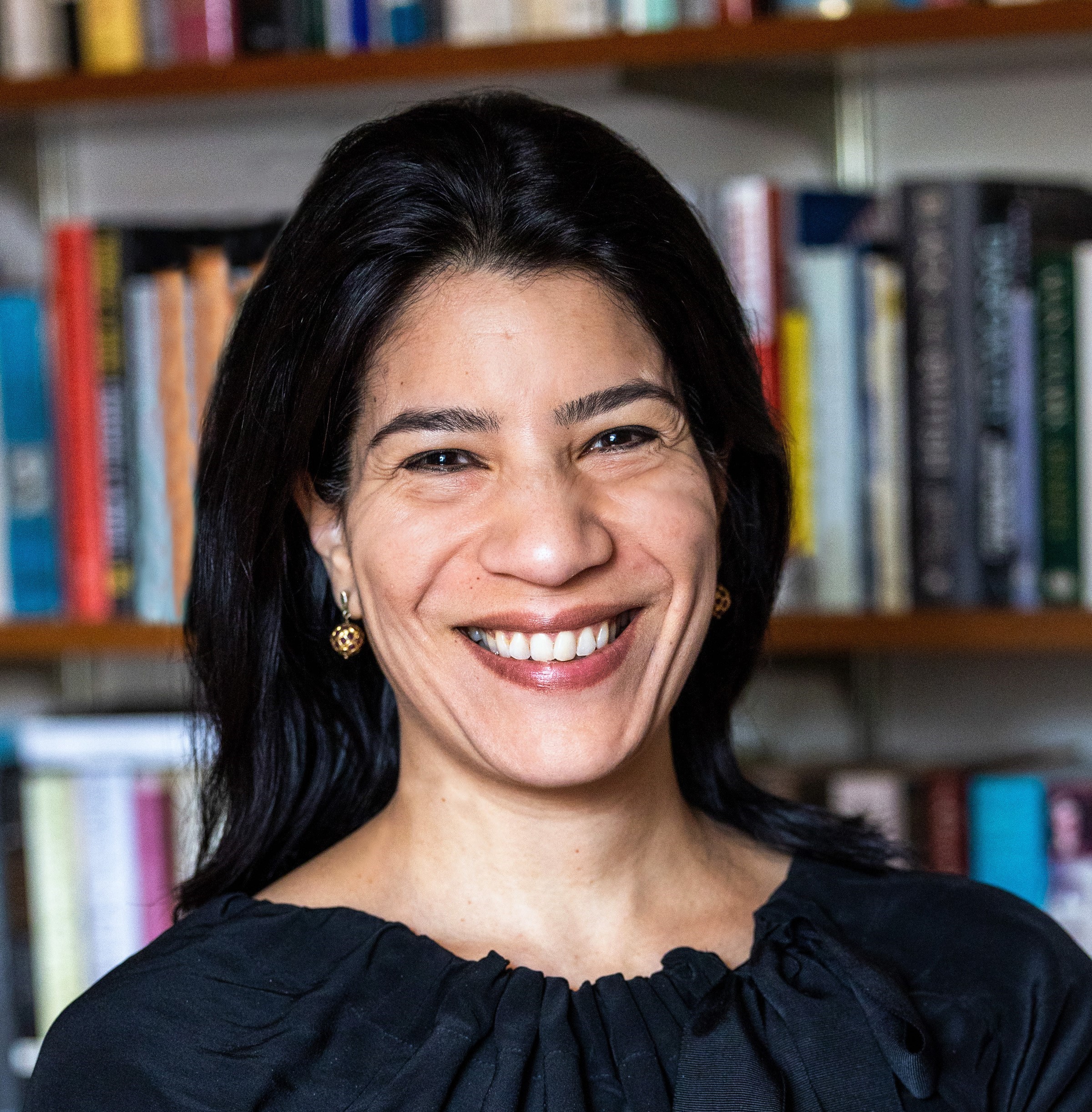As a young child, historian Maya Jasanoff followed her parents on trips to historic sites around the world. In India, where her mother is from originally, she spotted street signs referencing Shakespeare and imperial British figures and became lastingly curious about how cultures, power, and people cross borders, and the stamp of the British empire on it all.
It’s these questions that will form the basis for her conversation with Somali-British novelist Nadifa Mohamed on Tuesday, one installment of the Writers Speak series at the Mahindra Humanities Center and the History Seminar, which Jasanoff co-chairs as resident faculty of the Minda de Gunzburg Center for European Studies. Her discussion with Mohamed is intended to initiate conversations to engage with writers who bring interesting new perspectives to the study of European history.

In 2021, Jasanoff chaired the judges’ panel for the Booker Prize, the leading literary award for works of fiction written in English. Although she read 160 books that year, Jasanoff says that Mohamed’s “The Fortune Men” is one novel that quickly stood out.
“The quality of storytelling, the unusual nature of the story, and the moral urgency of the book shone through,” she said from Harvard’s Smith Campus Center, seated in front of a living plant wall. “As a historian of the British Empire, I felt as if this book was teaching me things about those entities and the nature of the global interconnected world that I have not known before.” The novel was subsequently named a 2021 Booker Prize Finalist.
The book, Mohamed’s third novel, is a fictionalized account of the true story of Mahmood Hussein Mattan. The young British Somali merchant seaman was falsely accused, wrongfully convicted, and hanged for the murder of a Jewish shopkeeper in Cardiff, Wales, in 1952.
The book recounts the ordeal. It’s obvious even from the jacket description that Mahmood is a doomed man, and the story reads like a deepening wound, revealing the racial bias inherent in the era’s judicial system, and silently drawing attention to whose voices get the privilege to narrate history most loudly.